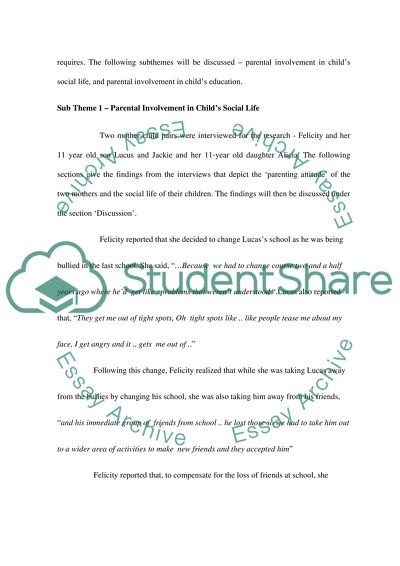Cite this document
(“Interpretative Phenomenological Analysis of two interviews Essay”, n.d.)
Interpretative Phenomenological Analysis of two interviews Essay. Retrieved from https://studentshare.org/psychology/1469775-interpretative-phenomenological-analysis-of-two
Interpretative Phenomenological Analysis of two interviews Essay. Retrieved from https://studentshare.org/psychology/1469775-interpretative-phenomenological-analysis-of-two
(Interpretative Phenomenological Analysis of Two Interviews Essay)
Interpretative Phenomenological Analysis of Two Interviews Essay. https://studentshare.org/psychology/1469775-interpretative-phenomenological-analysis-of-two.
Interpretative Phenomenological Analysis of Two Interviews Essay. https://studentshare.org/psychology/1469775-interpretative-phenomenological-analysis-of-two.
“Interpretative Phenomenological Analysis of Two Interviews Essay”, n.d. https://studentshare.org/psychology/1469775-interpretative-phenomenological-analysis-of-two.


